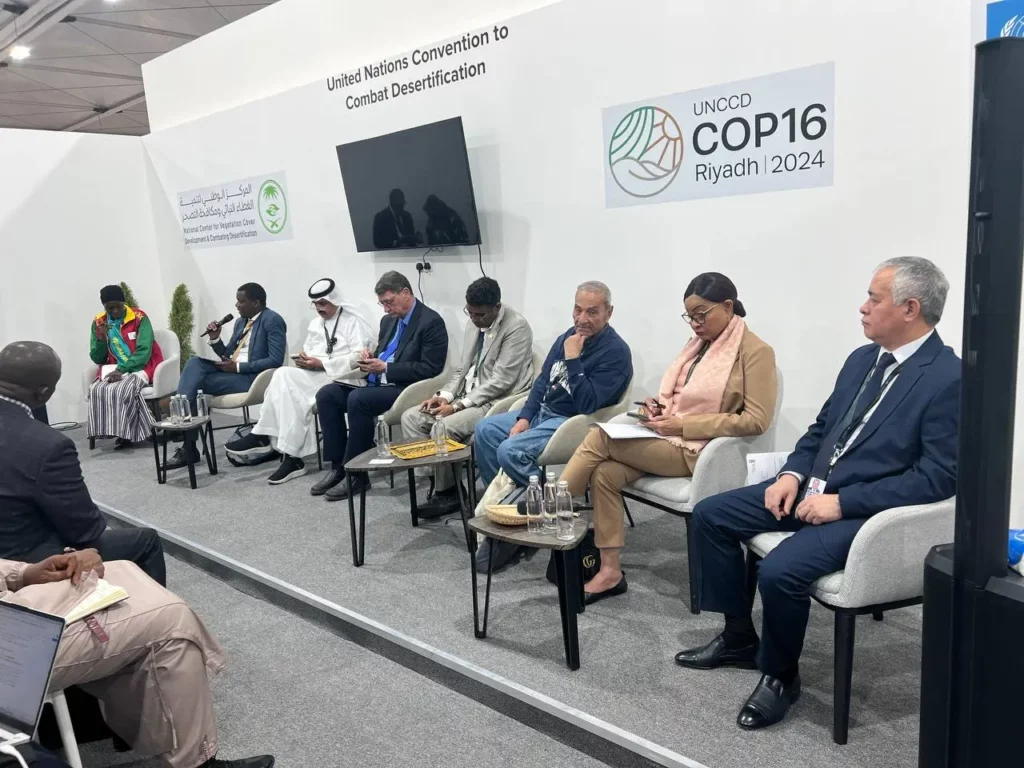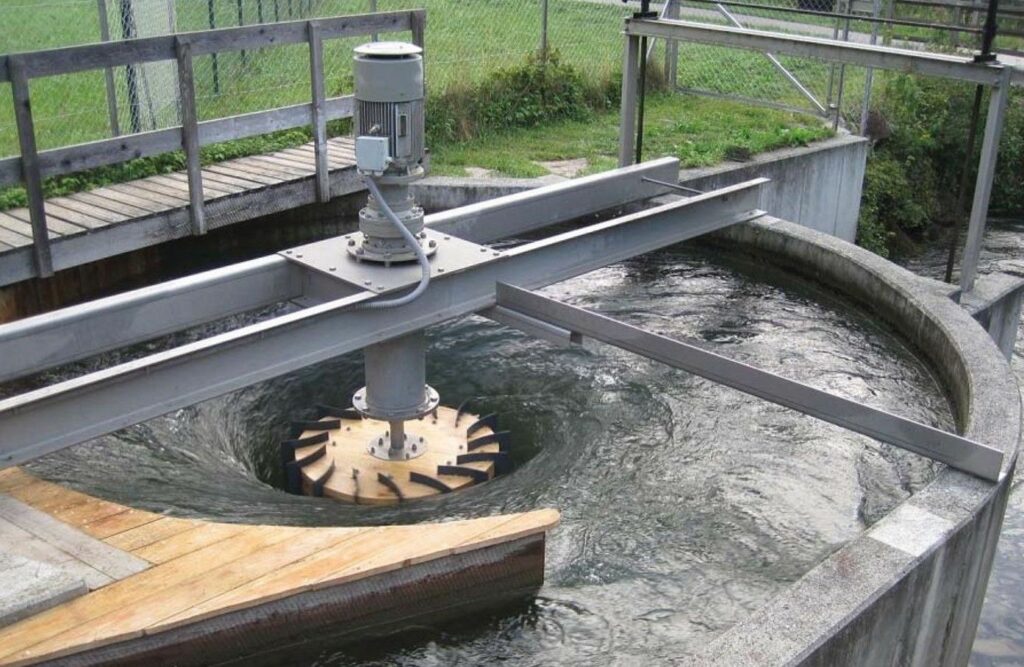One of the key events was the side event “Resistance to sand and dust storms”, organized by the United Nations Development Programme (UNDP) as part of the “Day of Science, Technology and Innovation”. The event focused on promoting the UN General Assembly resolution on global cooperation in strengthening early warning systems and actions to predict sand and dust storms.
The event was attended by representatives of various countries, including Egypt, Burkina Faso, Saudi Arabia, Mauritania, Australia, and Uzbekistan. In addition, experts from the World Meteorological Organization actively participated, who shared their practical experience and innovative approaches to managing risks associated with sand and dust storms.
It is worth noting that the joint efforts of countries in the fight against the sources of dust and sandstorms are of particular importance.
“The Samarkand Declaration on Dust and Sand Storms reflects the desire of countries to jointly counteract the sources of these phenomena. The document emphasizes the importance of creating effective monitoring and early warning systems, as well as the development of research and technology aimed at preventing and reducing the effects of dust and sand storms. It pays special attention to the integration of the problems of dust and sand storms into national strategies and policies of countries”, said Bakhriddin Nishonov, Head of the laboratory of the Research Hydrometeorological Institute, Candidate of Technical Sciences.
Remind, that the negotiation process continues on the sidelines of the COP16 to consider the possibility of adopting the Samarkand Declaration at the current Conference of the Parties. To date, more than 20 countries have supported the adoption of the declaration.
https://gov.uz/en/eco/news/view/29861




